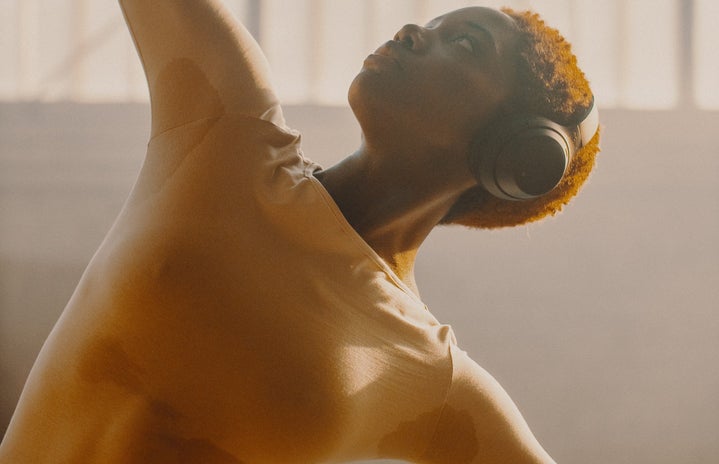Yoga and Pilates are synonymous with mindfulness and improved general wellbeing, offering much needed release for the at times overwhelming stress of modern- day life. The boost it can offer to both physical and mental health is arguably more crucial than ever in an increasing cycle of lockdowns.
While the move from a yoga studio to the Zoom screen may be daunting for beginners, classes from home remain popular and well sought after. Famous faces have made both practises more common amongst the mainstream. Jennifer Aniston is a committed yoga devotee and has had an instructor for several years, while Lady Gaga took on Pilates to alleviate fibromyalgia disorder, a condition which leads to all over body muscle pain.
Both yoga and Pilates have similar positive effects on the body and mind. The American Osteopathic Association (AOA) states that regular yoga practise can result in “increased flexibility, improved respiration and weight reduction.”
They are also widely believed to help alleviate chronic back pain, improve cognitive function and benefit women for the duration of pregnancy and postpartum. Additionally, they help slow the release of cortisol, the stress hormone, in the body, leading to a positive effect on mood. The long term practise of yoga or pilates could contribute to improved mental health.
A standard yoga session is made up of a combination of breathing exercises, poses- also known as asama- and meditation. While there are over a hundred schools or types of yoga, all branches aim to assist flexibility and strength amongst various muscle groups in the body.
Pilates is generally recommended over yoga to those more prone to injury, as it focuses less on extending muscles and joints and more on improving strength, tone and balance.
One of the key characteristics regarding yoga is its rich and complex history. Yoga originated at least 5,000 years ago (although some researchers believe it could be much older yet again) in modern day India. It is mentioned in the sacred text of Hinduism, the Vedas, as a method of connecting with a higher power.
While Pilates is not regarded as a spiritual practise, it does have key links to rehabilitation. Its founder was Joseph Pilates, a German physical trainer who moved to Britain prior to World War I. Because of his nationality, he was kept as a prisoner of war in Lancaster Castle and utilised his time by teaching exercise regimes to other inmates, developing concepts that would lead to the style of Pilates used widely today.
While the thought of doing a yoga lesson through the confines of a laptop may have been an alien one until late, online classes nonetheless give students an outlet that can be of great relief in these uncertain times.



